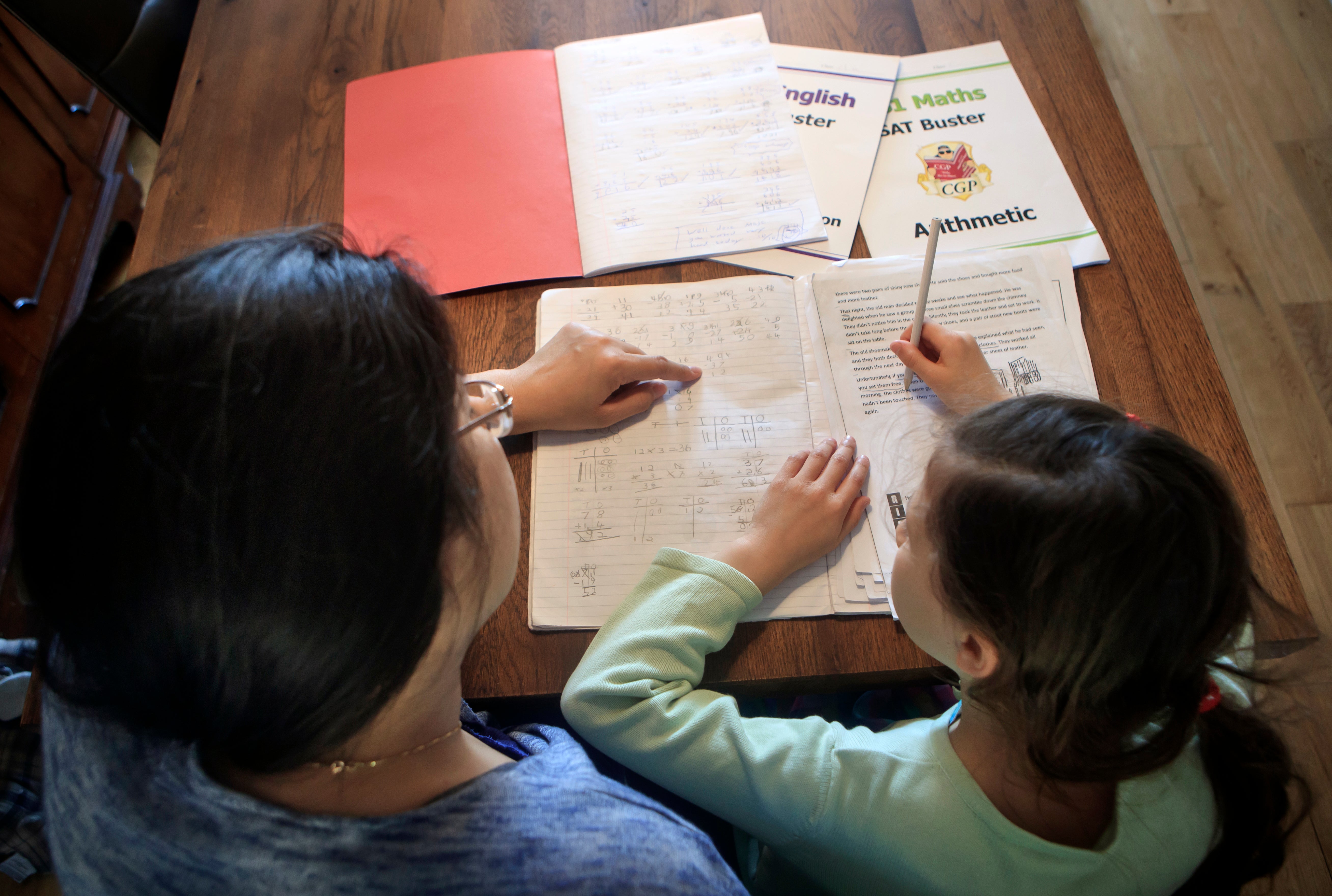Parents of disabled children ‘felt abandoned’ during lockdown, MSPs told
The Health, Social Care and Sport Committee heard that parents fear what a return to lockdown would mean for their children.

Your support helps us to tell the story
From reproductive rights to climate change to Big Tech, The Independent is on the ground when the story is developing. Whether it's investigating the financials of Elon Musk's pro-Trump PAC or producing our latest documentary, 'The A Word', which shines a light on the American women fighting for reproductive rights, we know how important it is to parse out the facts from the messaging.
At such a critical moment in US history, we need reporters on the ground. Your donation allows us to keep sending journalists to speak to both sides of the story.
The Independent is trusted by Americans across the entire political spectrum. And unlike many other quality news outlets, we choose not to lock Americans out of our reporting and analysis with paywalls. We believe quality journalism should be available to everyone, paid for by those who can afford it.
Your support makes all the difference.Families of disabled children felt abandoned during the coronavirus-induced lockdowns and fear the ramifications of more restrictions, MSPs have heard.
Various services supporting children and their families were stopped during the pandemic to slow the spread of the virus.
But Susie Fitton, the policy manager of Inclusion Scotland said this took a toll on families dealing with children with additional needs.
Ms Fitton told the Health, Social Care and Sport Committee at Holyrood that particular fault was found with services delivered by local authorities.
That feeling of abandonment hasn't abated for some families even though services in some cases have been re-instated
“Services that families were previously reliant on, services that were accessed either via the school or via respite provision, families reported to us that they felt abandoned by statutory services, particularly by local authority provision at a time when they most needed support,” she said.
“That feeling of abandonment hasn’t abated for some families even though services in some cases have been re-instated.
“That feeling that emergency planning did not cater for the needs of families with disabled children and young people has left people very fearful for the future, particularly if we have to go into lockdown at another period.”
Ms Fitton also said the strain experienced by local authorities in delivering social care services during the pandemic, which left some families without the support they need, “exacerbated mental strain for families”.
She went on to claim that strain “has made either pre-existing or pandemic-related mental health issues worse for disabled children and young people”.